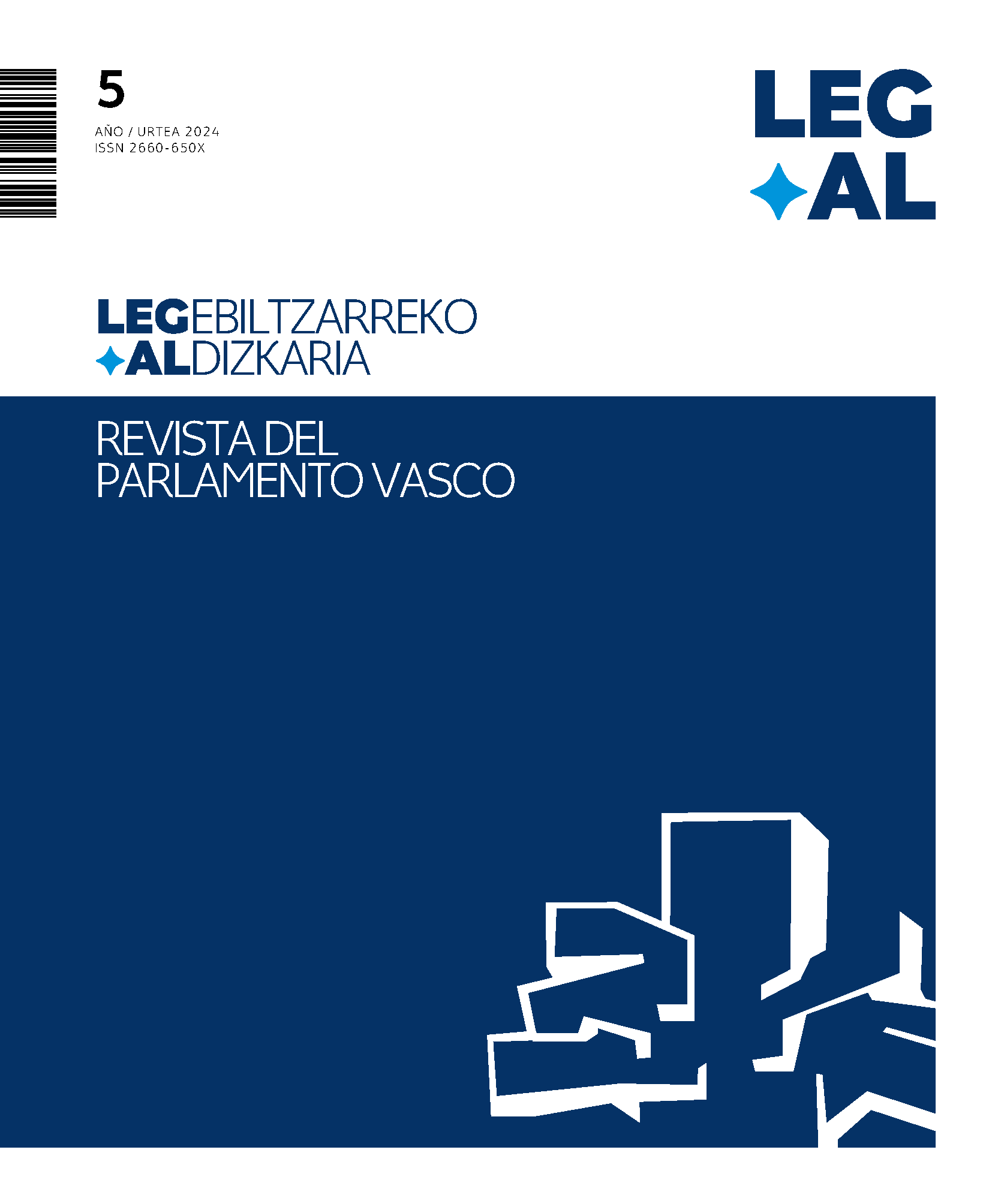Abstract
This commentary deals with the ruling 10/2024 of the Constitutional Court. The controversy underneath arose when a Government’s decree had to be validated by Parliament. According to a deputy from the Popular Group, the Government failed to send all the necessary information related to the decree. The Constitutional Court assesses whether this lack of information would imply a violation of the ius in officium of parliamentary members. More specifically, the Court explains to what extent a lack of technical reports can affect the fundamental rights of deputies. It is worth mentioning that the ius in officium can run risk, particularly in two key moments. Firstly, when a law decree is validated. And secondly, when law decrees are brought under the rules of law-projects. There is a remarkable clash between what law strictly says, and what parliamentary principles recommend. The Constitutional Court leans towards a more positivist view, although not leaving the referred principles aside. Finally, a brief comment can be found on how this ruling has affected the checks and balances between the legislative and the executive.
References
Balaguer Callejón, F. et al. (2020). Manual de derecho constitucional. Volumen II. Madrid: Tecnos.
Ferrajoli, L. (2013). Poderes salvajes. La crisis de la democracia constitucional. Madrid: Trota.
Iglesia Chamarro, A. de la. (1997). El Gobierno por decreto. Pamplona: Universidad de Navarra.
Lasalle, F. (1984). ¿Qué es una constitución?. En E. Aja, Estudio preliminar (pp. 7-72). Ariel: Madrid.
Monereo Pérez, J. y Guindo Morales, S. (2020). El ius in officium y la reincorporación al puesto de trabajo desde una posición jurídica de excedencia forzosa. Revista de Jurisprudencia Laboral, 7. https://doi.org/10.55104/RJL_00161
Montilla Martos, J. A. (2023). Fragmentación parlamentaria y forma de gobierno en España (2015- 2023). En II Jornadas Parlamentarias del Congreso de los Diputados: el parlamento fragmentado y la forma de gobierno: 30 y 31 de enero de 2023 (pp.19-54). Madrid: Congreso de los Diputados.
Moral Sánchez, I. del. (2017). El mandato representativo y el ius in officium de los cargos públicos representativos en el Derecho Español [Trabajo de Fin de Grado]. Universidad de Valladolid.
Sánchez Navarro, A. J. (2024). El procedimiento legislativo a la luz de la jurisprudencia del Tribunal Constitucional. En Última jurisprudencia del Tribunal Constitucional en materia parlamentaria: Seminario celebrado en Vitoria-Gasteiz los días 22 y 23 de enero de 2024 (pp. 43-78). Vitoria-Gasteiz: Parlamento Vasco.

This work is licensed under a Creative Commons Attribution-NonCommercial-NoDerivatives 4.0 International License.
Copyright (c) 2024 Aratz Labaien Gorospe, Markel Zubiaga Iriarte

